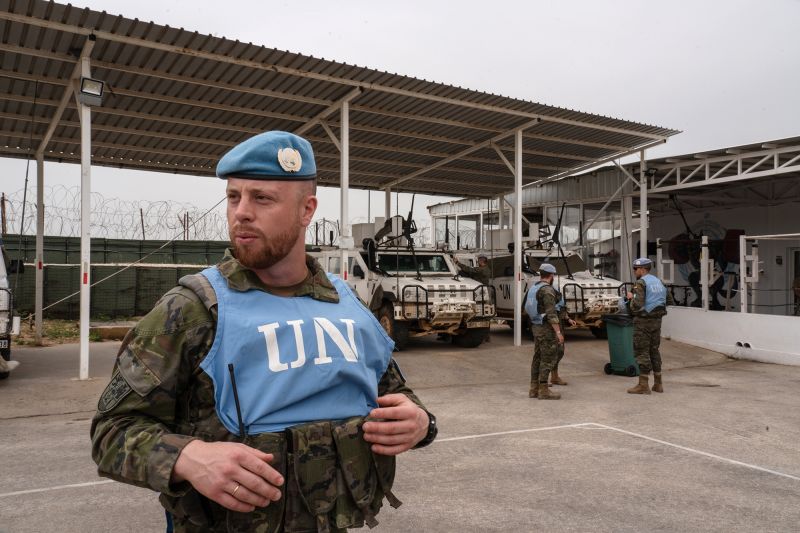The United Nations Resolution 1701, unanimously adopted by the UN Security Council on August 11, 2006, is a pivotal factor in the direction and potential cessation of the Lebanon-Israel conflict. Despite being drafted more than 18 years ago, this resolution remains remarkably pertinent today. Its significance rests on the fact that it forms the backbone of international efforts to halt the persistent skirmishes and imbroglios that have deteriorated the relationship between Lebanon and Israel.
Firstly, Resolution 1701 explicitly calls for a complete cessation of hostilities between the two nations. This includes a halt to all attacks by the Hezbollah militia group against Israel and an end to all offensive operations by Israel in Lebanon. Thus, the implementation of the resolution forms the basic prerequisite for a long-term peace process between the two nations. Without its effective implementation, any peace negotiations or truces would largely be temporary and nonconstructive.
Secondly, the resolution has carved out extensive blueprints for the demilitarization of the South Lebanon region. It has explicitly called for the disarmament of all armed groups in Lebanon, thereby ensuring that no weapons are present, other than those of the Lebanese state or UNIFIL (United Nations Interim Force in Lebanon). This firmly lays the foundation for a peaceful region without the volatility that arms and armed groups could induce. Moreover, it empowers and enhances the abilities of the Lebanese Government and the Lebanese Armed Forces in securing their borders and preventing the existence of weapon supply routes.
Moreover, Resolution 1701 proposes investigating incidents or crises that potentially violate the cessation of hostilities. It endeavors to avert any further spirals into larger confrontations through meticulous inquiries into the violation of peace agreements. This mechanism ensures that the resolution remains vibrant and active, thus continuing to exert influence and control over peacekeeping operations between the two nations.
An essential aspect of the resolution is the enhancement and deployment of UNIFIL. With increased troops and improved equipment, UNIFIL effectively monitors the cessation of hostilities and assists the Lebanese government in establishing an area free of any armed personnel, assets, and weapons. They also assess and report the implementation of the measures outlined in Resolution 1701 to the Security Council, offering an objective view of the progress and areas needed for improvement.
Lastly, the resolution has provided an important diplomatic tool for the international community to press for peace between Lebanon and Israel. As a globally accepted agreement, adopted by the Security Council, it holds enormous weight and can be used to pressure both parties to maintain peace and stability in the region.
In summary, UN Resolution 1701 serves as a beacon of hope and a pivotal mechanism to restore peace and stability in the war-torn region, using military, diplomatic, and political methods to achieve its aim. Despite being more than 18 years old, its relevance cannot be understated, especially considering the recurring conflicts that have characterized the Lebanon-Israel relationship to date. It remains a critical piece of international legislation to unequivocally end this long-standing conflict.




